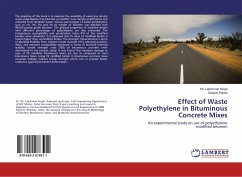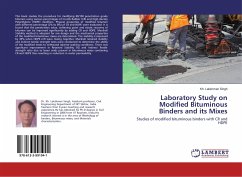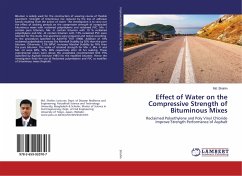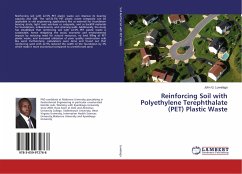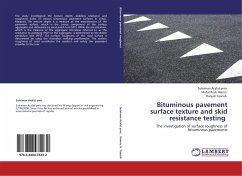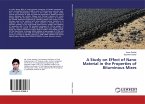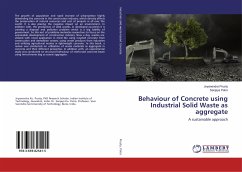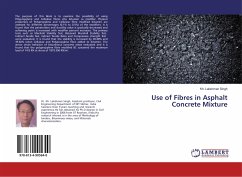The objective of this book is to examine the possibility of using low density waste polyethylene into bitumen as modifier. Low density polyethylene was collected from domestic waste. Various percentages of waste polyethylene such as 1%, 3%, 5% and 7% by weight of bitumen was blended with 80/100 paving grade bitumen. The physical properties of modified binder with different percentage of polyethylene are also evaluated. The temperature susceptibility and penetration index (PI) of the modified binders were calculated. It is observed that PI value of modified binder is found higher than unmodified binder. The strength characteristics in terms of Marshall Stability, flow, indirect tensile strength (ITS), Marshall quotient (MQ), and moisture susceptibility expressed in terms of Marshall retained stability, tensile strength ratio (TSR) of bituminous concrete were determined in the present study. It was found that moisture damage in case of PE modified bituminous mixes are less as compared to neat bituminous mixes. Using PE modified binder in bituminous concrete mixes increases stability, indirect tensile strength which turn in provide better resistance against permanent deformation.
Bitte wählen Sie Ihr Anliegen aus.
Rechnungen
Retourenschein anfordern
Bestellstatus
Storno

